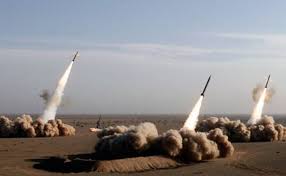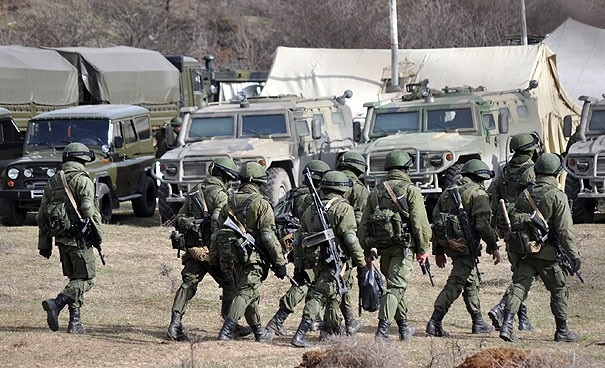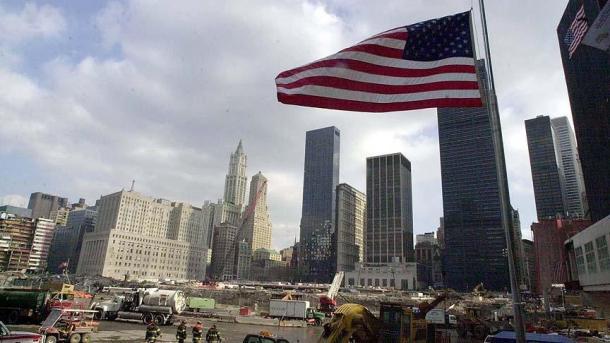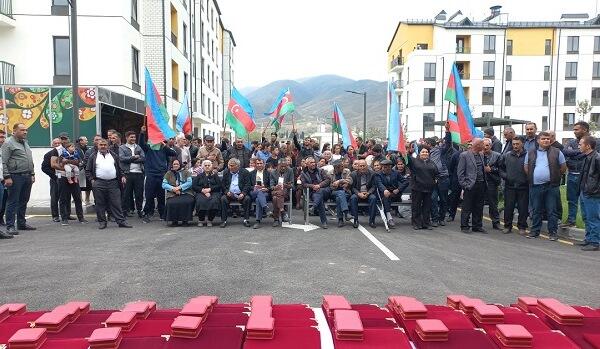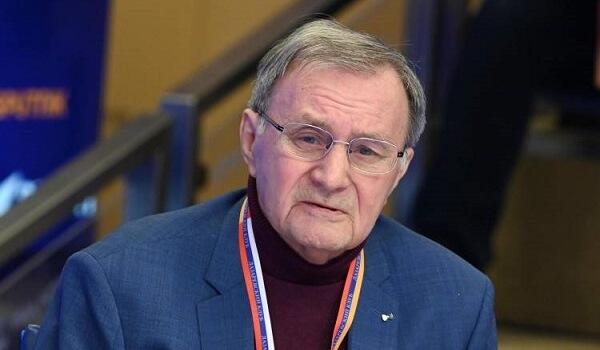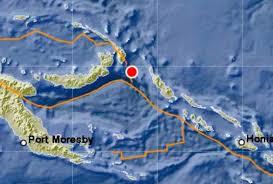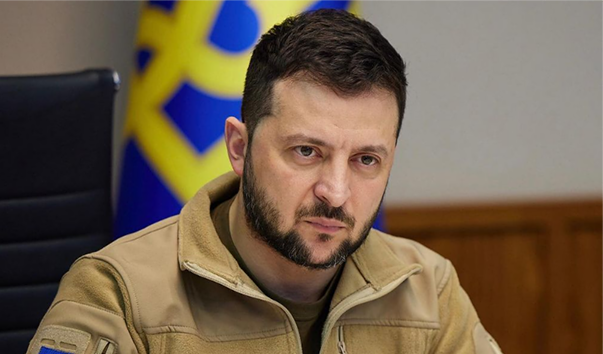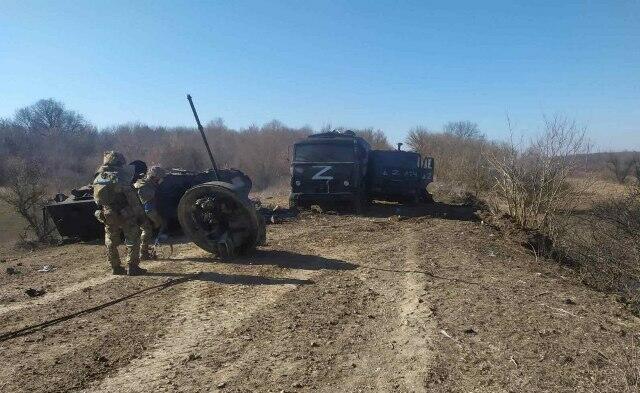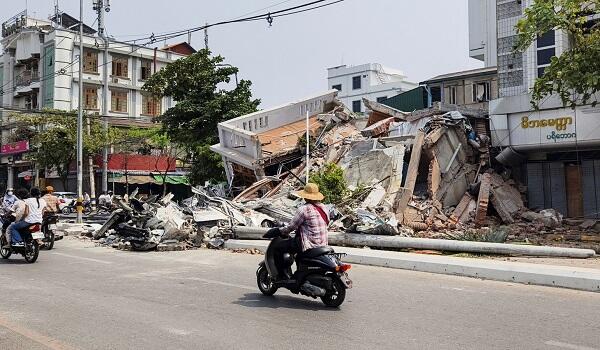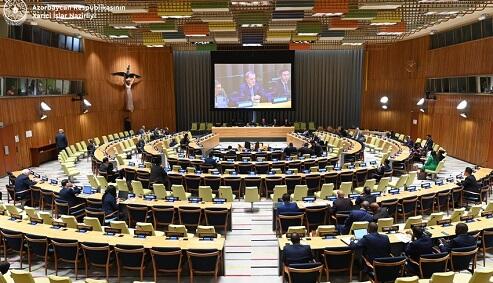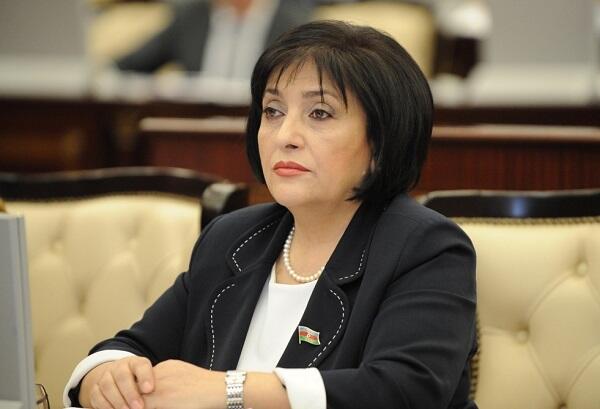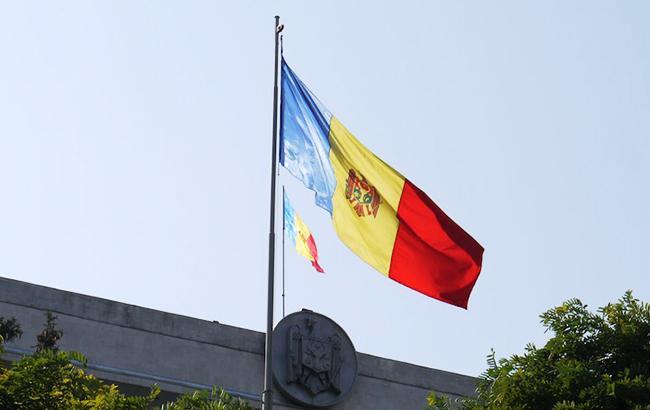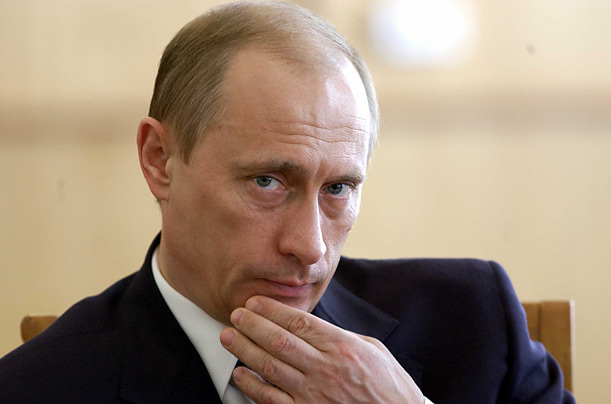A briefing on the mine problem in Azerbaijan was held at the UN headquarters in New York as part of the International Day for Mine Awareness and Assistance in Mine Action, April 4.
Axar.az reports that the event, jointly organized by the Permanent Mission of Azerbaijan to the UN and the Center for the Analysis of International Relations (UNCAR), was dedicated to saving lives through humanitarian mine action in Azerbaijan.
The briefing was attended by Anar Mutallimov, Deputy Head of the Military-Political Affairs Department of the Ministry of Foreign Affairs, Farid Shafiyev, Chairman of the UNCAR Board, Tofig Musayev, Permanent Representative of Azerbaijan to the UN, officials of various specialized UN agencies, Rita Gunaryati Lubis, Deputy Director of the United Nations Mine Action Service (UNMAS), Devanand Ramiah, Head of the UNDP Crisis Bureau, Alice Becker, Executive Director of the Marshall Heritage Institute, representatives of member states and journalists working at the UN.
In his speech, T. Musayev emphasized that more than 13% of Azerbaijan's territory is under the threat of mines and explosive ordnance. He said that since November 2020, 388 mine explosions have occurred in the country, resulting in 70 deaths and 318 serious injuries. The diplomat recalled that Azerbaijan has declared humanitarian mine clearance as the 18th Sustainable Development Goal (SDG) at the national level and noted that three international conferences have been organized in this area jointly with the UN.
The ambassador also informed the guests about the resolution “The Impact of Anti-Personnel Mines on Human Rights” submitted by Azerbaijan at the Human Rights Council and adopted yesterday.
A short film reflecting the demining and restoration work carried out in mine-contaminated areas was shown at the event.
F. Shafiyev made a comprehensive presentation at the briefing on the mine problem in Azerbaijan, which is among the most mine-contaminated countries in the world.
In his speech, he provided detailed information to UN officials, representatives of member states, and the public about important aspects of Azerbaijan's humanitarian demining activities.
A. Mutallimov spoke about the initiatives implemented by Azerbaijan within the framework of international cooperation on mine risk and emphasized that the mine problem hinders the safe return of internally displaced persons.
UNDP representative Devanand Ramiah, touching upon long-term cooperation with ANAMA, noted the increase in international financial support and the importance of involving women in mine clearance activities. Executive Director of the Marshall Heritage Institute Alice Becker said that the organization donated 93 mine detection dogs to Azerbaijan, which contributed to the clearance of a fairly large area.
UN officials highly appreciated Azerbaijan's initiative to establish an international mine clearance center and noted that the European Union has allocated 10 million euros for this purpose. R.G. Lubis emphasized Azerbaijan's leadership in the field of mine clearance.
Discussions were held at the event on the topics of mine risk, humanitarian activities, and international cooperation, and Azerbaijan was highly appreciated for its contributions to global efforts in this area.


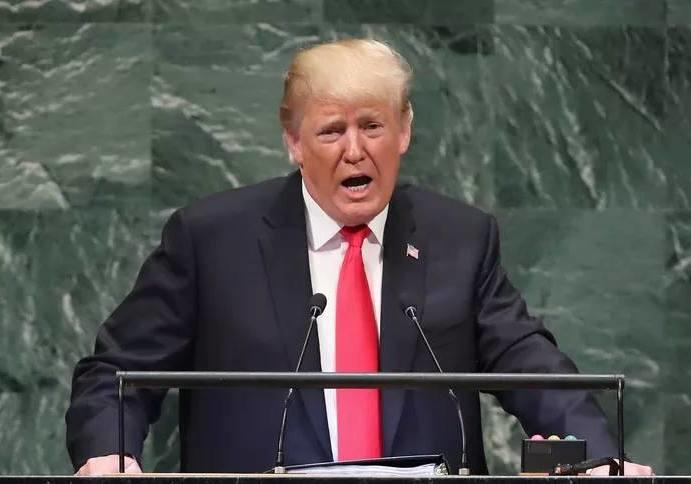
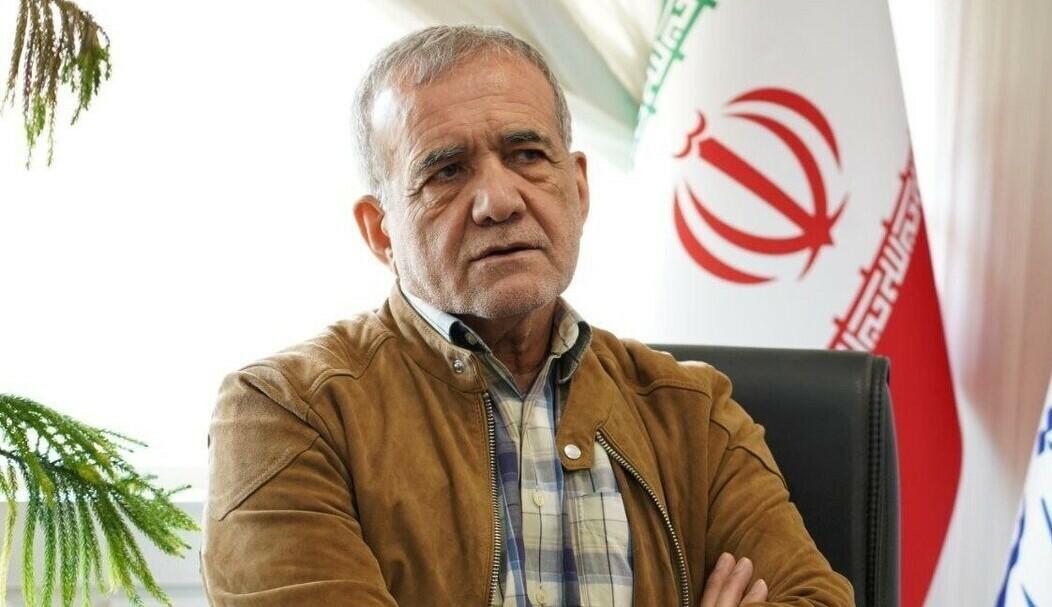

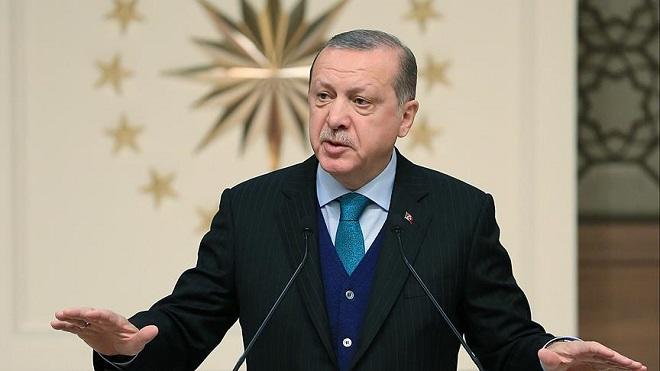

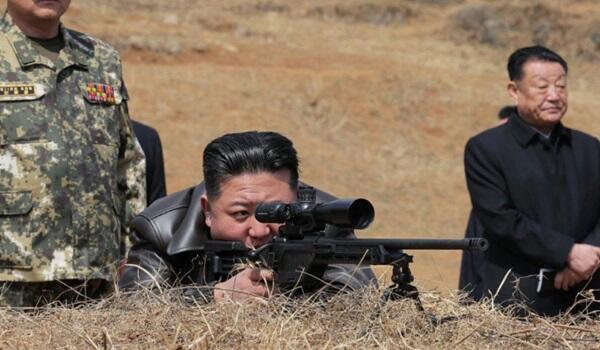

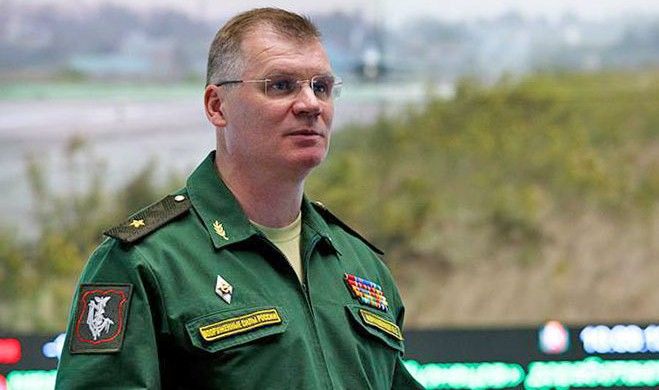
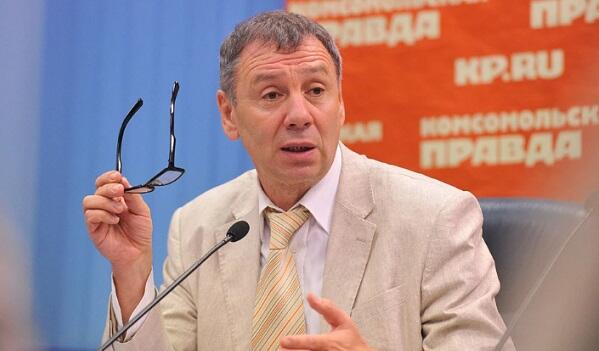
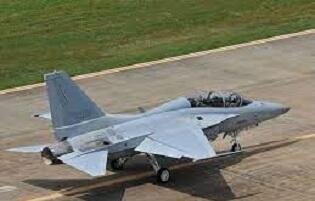
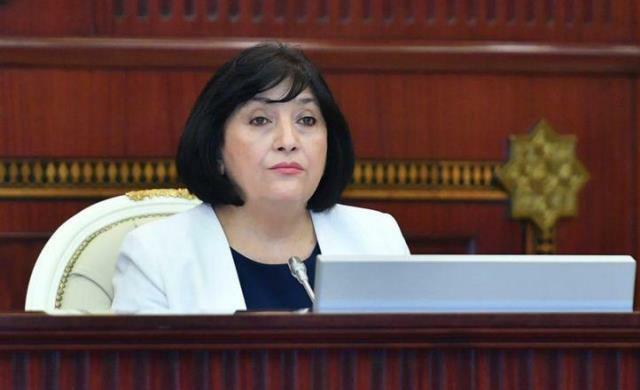
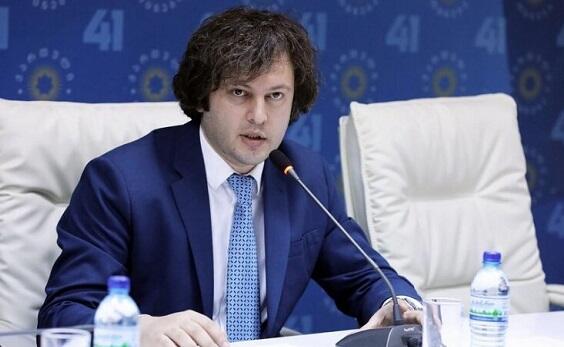
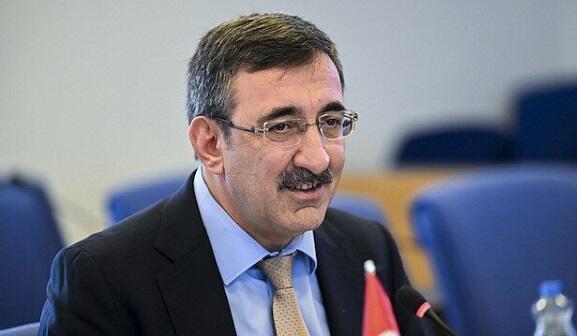
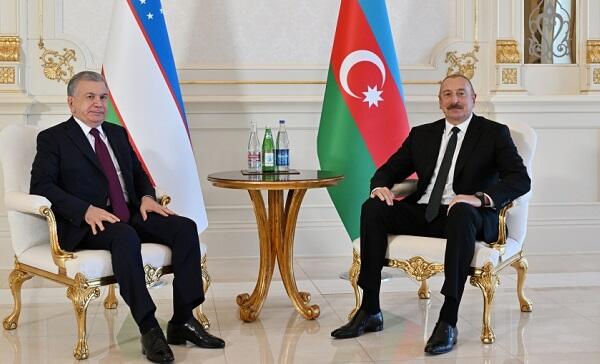
.jpg)

